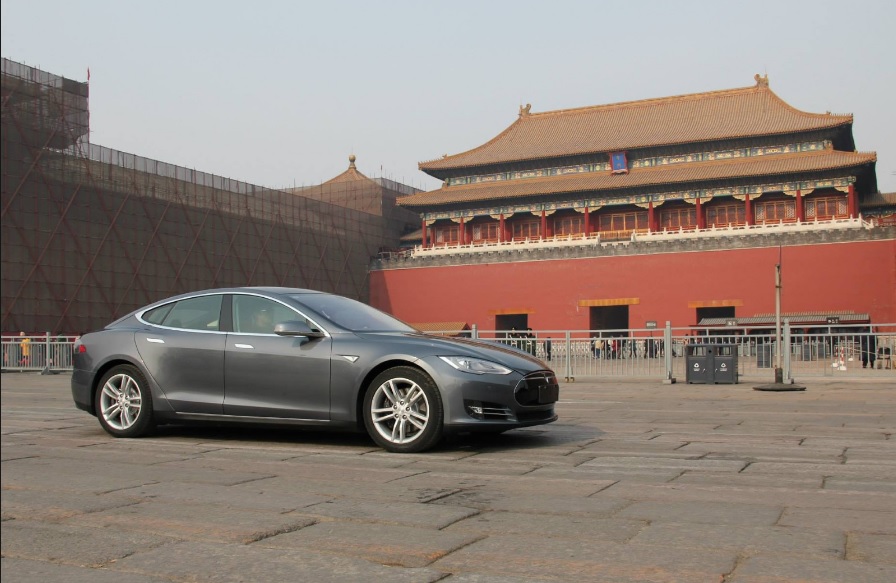BMW going electric in 3-series: BMW may be on the verge of announcing an all-electric 3-series car this fall at the Munich auto show. The compact-sized sedan will be getting a range of at least 248 miles per charge, and will be a direct competitor to the upcoming Tesla Model 3. The company has a  few of its models in plug-in hybrid form already. The company has sold 1,373 units of the 3-series plug-in hybrids in the US, this year through May, according to HybridCars’ Dashboard. An all-electric 3-series would join the BMW i3 as another BMW battery electric model. Months ago, BMW CEO Harald Krueger said that the company would be making a push toward more electrification and connected features. Sales of the i3 have not been as strong as Tesla and Chevy models; and sales of the i8 supercar have been weak lately. The 3-series is one of the most popular BMW models, which could help spike its electric car sales.
few of its models in plug-in hybrid form already. The company has sold 1,373 units of the 3-series plug-in hybrids in the US, this year through May, according to HybridCars’ Dashboard. An all-electric 3-series would join the BMW i3 as another BMW battery electric model. Months ago, BMW CEO Harald Krueger said that the company would be making a push toward more electrification and connected features. Sales of the i3 have not been as strong as Tesla and Chevy models; and sales of the i8 supercar have been weak lately. The 3-series is one of the most popular BMW models, which could help spike its electric car sales.
California rebates: California may soon see $3 billion set aside as incentive funds for electric car purchases. Assembly member Phil Ting announced it in San Francisco yesterday, which is called the California Electric Vehicle Initiative; the bill would offer rebates to buyers at the time of purchase. The bill proposes giving more cash to low-income buyers and would eliminate the need for buyers to file tax rebates with the state. The federal tax credit is likely to see an end in sight as the first wave nears and end, and it’s unlikely to see renewal under the Trump administration. California still has a long way to go to reach Governor Jerry Brown’s goal of having 1.5 million zero emission vehicles on state roads by 2025. Current incentives require consumers to apply for credits after the purchase is complete, which may deter purchases.
Tesla factory in China: Tesla is in talks to set up a vehicle manufacturing plant in Shanghai. It’s still in the talk stage, as Tesla emphasized in a quote that current discussions are happening to  “explore the potential” of setting up shop in China. Last year, Tesla earned $1.1 billion in revenue from sales in China, a figure equivalent to 15% of its worldwide revenue. The challenge has been that not having a factory in China means you pay 25% tariff and have to spike up the sticker prices on cars being sold there. There’s also the issue of the Chinese government requiring foreign companies to create joint ventures with a local Chinese automaker. That’s the case for every automaker with factories there now, but it may be outside consideration for Tesla. The U.S. company is well known for doing things its own way, unlike other automakers typically forging alliances with other companies.
“explore the potential” of setting up shop in China. Last year, Tesla earned $1.1 billion in revenue from sales in China, a figure equivalent to 15% of its worldwide revenue. The challenge has been that not having a factory in China means you pay 25% tariff and have to spike up the sticker prices on cars being sold there. There’s also the issue of the Chinese government requiring foreign companies to create joint ventures with a local Chinese automaker. That’s the case for every automaker with factories there now, but it may be outside consideration for Tesla. The U.S. company is well known for doing things its own way, unlike other automakers typically forging alliances with other companies.
